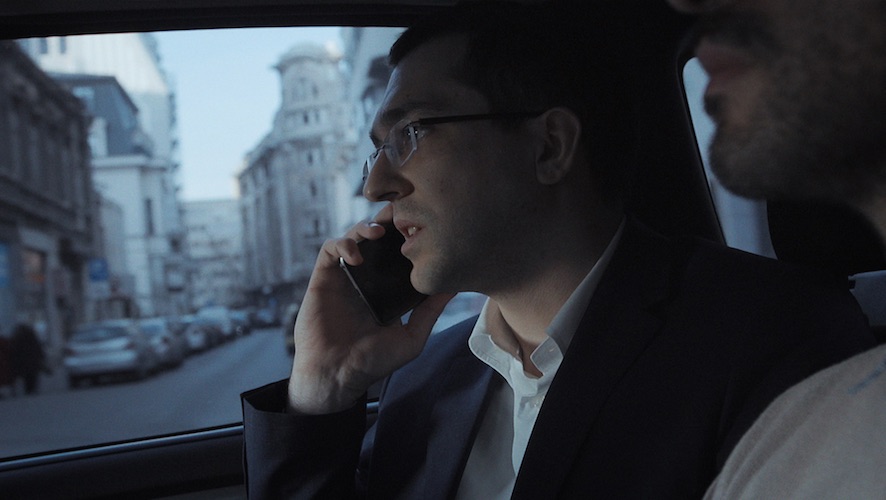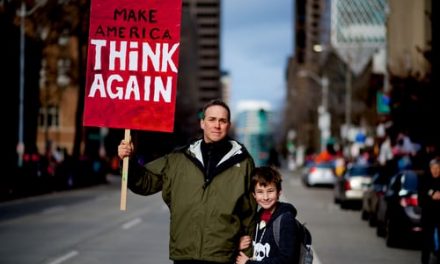
On October 30th, 2015, a fire broke out in a popular Bucharest nightclub known as the Colectiv. It was the deadliest fire in Romanian history, killing twenty-six people. In the aftermath of the fire, an additional thirty-seven burn victims died while under hospital care, even though many of them should have survived. So why did they die? The search for answers is chronicled in the astonishing 2021 Academy Award nominated documentary, Collective. What unfolds is a stunning exposé of systemic corruption.
Alexander Nanau, who directed, produced, edited and photographed Collective, takes a fly-on-the-wall approach not unlike the famed observational documentarian Frederick Wiseman; there is no dramatic Herzogian voice-over narration, no indignant talking heads moralizing to the camera, and Nanau never tries to shake things up by injecting himself Michael-Moore-style into the proceedings. Despite his passive approach, the experience of watching Collective is not unlike reading a Michael Crichton page-turner. Shocking revelations come one after another, beginning with the insistence given by the Minister of Health that Bucharest’s main hospital was fully prepared to treat the survivors of the Colectiv fire when in actuality their burn unit wasn’t even operational. Then there’s the discovery that hospitals were sold diluted disinfectants one-tenth of their required strength, leading to untold numbers of bacterial infections and preventable deaths. And that’s just the tip of the proverbial iceberg. Collective paints a broad picture of a public health system run by unqualified political appointees and rotting from the inside, with bribes, kickbacks, and embezzlement all but commonplace.
Two people are central to Collective’s story. The first is Catalin Tolontan, the investigative newspaper reporter that broke the story about the watered-down disinfectants. When the Minister of Health publicly disputes the evidence, Tolontan’s paper publishes a story with independent analysis backing their original claims and also alleges the Romanian government had known about the deadly bacterial infections for years, effectively forcing the Minister of Health’s resignation. His replacement, Vlad Voiculescu, becomes Collective’s second most prominent figure. Unlike his disgraced predecessor, Voiculescu is the epitome of transparency. He not only allows Nanau unprecedented access, he agreed in advance that he would never ask him to stop filming. Observing how Voiculescu remains incredibly forthright and calm under increasing public pressure to set things right is truly inspiring. But when the CEO responsible for the diluted antiseptics unexpectedly dies amid rumors of Romanian Mafia involvement, the considerable personal risks to both Voiculescu and Tolontan become frighteningly real.
Of course, healthcare reform is nothing if not political, and Collective deserves extra kudos for exposing attacks from the far right for what they are: demagoguery. When Voiculescu suggests hiring properly trained hospital managers from other countries after it becomes obvious there’s a dearth of qualified Romanian candidates, the right wing Mayor of Bucharest publicly attacks him for giving jobs to immigrants. Perhaps then it should come as no surprise that out of over one hundred and thirty rave reviews posted on Rotten Tomatoes, the only dissenting opinion comes from Kyle Smith writing for the conservative magazine, The National Review. Smith, predictably, dismissed the film, saying, “My only takeaway from Collective is: Don’t get sick in Romania.”
For KSQD’s Film Gang, this is Paul Kanieski












